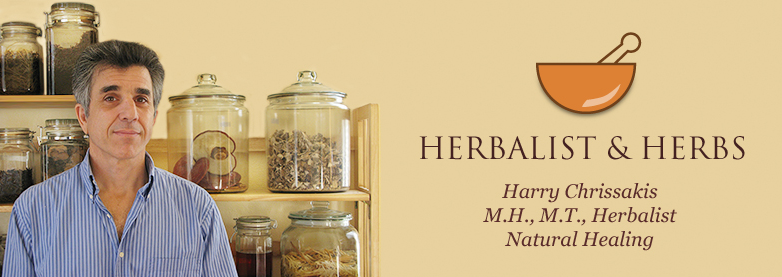The use of baths as a healing agent is ancient. It’s
refinement with the addition of salts, oils, or herbs
may be a later development but still goes back far
enough to wonder where has this aspect of healing
gone in contemporary holistic practice.
The amount of literature on the subject is minimal
and it is not taught in eastern or western herbal
schools (there are asides to it, but no strong focus.)
The three things that stand out about it are – it is
inexpensive, highly accessible, and very effective
for many different problems. You can do lots of
things in the home setting that are quite simple and
work well.
Now let’s watch a short introductory video:
I will open up with something most
people know about. Epsom salts (magnesium sulfate.)
I recommend Epsom salt baths to 1/3-1/2 of my
clients. Simple and effective. 3 cups Epsom salt in
a warm to hot bath. Soak 20 – 30 minutes and
shower off. This is a good de-stressor – detoxifier,
for people in reasonable health. At the onset of
cold or flu, a hot Epsom salt bath along with a cup
of ginger or yarrow tea (sipped during the bath) will
induce heavy sweating and stimulate immune function.
From bath to bed to hopefully beat the cold
before it sets in.
I do not recommend hot baths or this amount of
Epsom salt for people who are physically weak or
kind of brittle in terms of their nervous system. It
can be too draining for them.
In summer heat a cool to cold Epsom salt bath will
cool and invigorate.
Herbal baths
These have much wider application due to the fact
that there are a lot of herbs that can produce very
different results. You can speed things up, slow
them down, soften tissue, increase or decrease urination
etc.
You can go a couple of ways with herbal bath preparation.
Traditional or purist approach is to make a
strong tea, strain and add it to your bath. I like to
make it as easy as possible – essential oils – 10 – 15
drops in a bath gets consistently good results.
A couple of oil combinations I use.
1 Lavender and orange
For relaxation or to aid a better night sleep
2 Rosemary and thyme
To increase circulation or help fight off early
stage colds
3 Clove and ginger
For sore muscles or pain
4 Lemon grass
To increase urination for those holding on to too
much liquid
In the late 50’s and 60’s a famous French healer
named Maurice Messegue used herbal hand and
foot soaks almost exclusively, so this is not wimpy
medicine.
If someone is hyper or slightly manic put them in
a neutral bath, with the water being just about body
temperature. It will help to calm them.
Exchange baths
Going from hot (3 minutes) to
cold (1 minute) and back again – beginning and
ending with heat. This approach works great for
sharp pain and or spasm and can be used locally
as in a hand or foot bath. It is a potent form of
hydrotherapy (full body bath should limited in
use.)
Sitz bath – In which a person sits in 6 – 10 inches
of water just covering the pelvis. This is a great
method to help many difficulties connected to that
area – poor circulation, constipation, repeated
infectious due to poor localized circulation and
depressed immune function etc.
The list of things baths or soaks can do is quite
impressive. These are just a few ideas and I hope
they help.
Harry Chrissakis Herbalist, M.H., Natural Healing.
www.Herbalist and Herbs.com
contact@herbalist-herbs.com
530-933-8244
